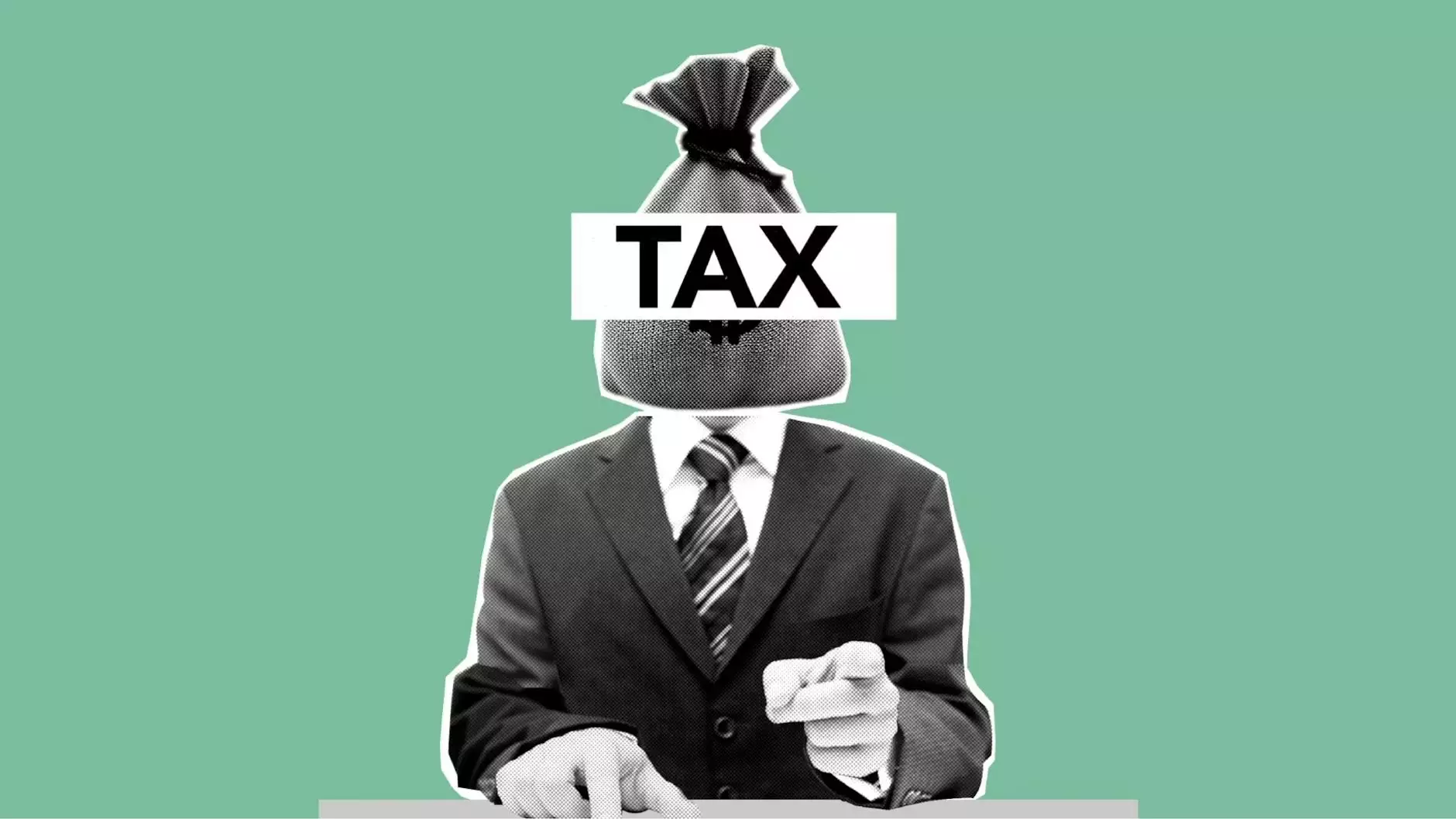The Ugly Truth About Payday Loans
Financials & Reports
Payday loans have become a prevalent issue in today's society, affecting millions of individuals and families across the country. At Social Service of America, we understand the detrimental effects of payday loans on our community and society, particularly in the realm of philanthropy. This comprehensive guide aims to shed light on the hidden truths surrounding payday loans, exposing the negative consequences they bring.
The Cycle of Debt
One of the most alarming aspects of payday loans is the vicious cycle of debt they trap borrowers in. Many individuals who resort to payday loans are already in a financially vulnerable position, often living paycheck to paycheck. These loans prey on their urgency and desperation, offering quick cash with exorbitant interest rates.
Once trapped in this cycle, borrowers find it challenging to pay off the loan in time, resulting in additional fees and higher interest rates. This perpetuates a never-ending cycle of borrowing, as individuals take out new loans to pay off existing ones, leading to accumulating debt and financial instability.
High Interest Rates and Fees
Payday loans are notorious for their exorbitant interest rates and hidden fees, which can equate to annual percentage rates (APRs) of several hundred percent. To put this into perspective, traditional bank loans typically have APRs ranging from single to double digits. The exorbitant interest rates associated with payday loans place a heavy burden on borrowers, making it extremely difficult to repay the loans in a timely manner.
Moreover, payday loan lenders often charge additional fees, such as loan origination fees, late payment fees, and rollover fees. These fees further exacerbate the financial burden faced by borrowers, leading to a cycle of endless debt and financial distress.
Targeting Vulnerable Communities
Unfortunately, payday loan companies tend to target vulnerable communities, including low-income individuals, minorities, and those with limited access to traditional banking services. By strategically locating their storefronts in these areas, payday loan lenders take advantage of individuals who may have limited financial literacy and few alternatives for short-term financing.
These predatory practices worsen income inequality and perpetuate financial instability within these communities. As a result, the burden falls on community organizations, such as Social Service of America, to provide support and alternatives for those affected by payday loans.
Building Sustainable Solutions
At Social Service of America, we recognize the urgent need for sustainable solutions that address the underlying issues behind payday loans. Our organization is committed to empowering individuals and communities by providing financial education, support, and access to affordable credit.
We believe that by equipping individuals with the necessary knowledge and resources, we can break the cycle of payday loan dependence. Through our comprehensive programs, we aim to promote financial literacy, develop alternative lending options, and advocate for stricter regulations surrounding payday loan practices.
Join Our Movement
The fight against payday loan predatory practices involves us all. Whether you're an individual seeking assistance, a community organization, or a concerned citizen, Social Service of America invites you to join our movement in combatting the ugly truth behind payday loans.
Together, we can foster a more equitable society, where all individuals have access to fair financial services and support networks. Visit our website or get in touch with our team to learn more about how you can get involved and make a difference in the lives of those affected by payday loans.
Conclusion
The ugly truth about payday loans cannot be ignored. The detrimental impact they have on individuals, families, and communities necessitates immediate action. Social Service of America is dedicated to providing alternatives, support, and advocacy for those impacted and working towards a society where predatory lending practices are eradicated.










